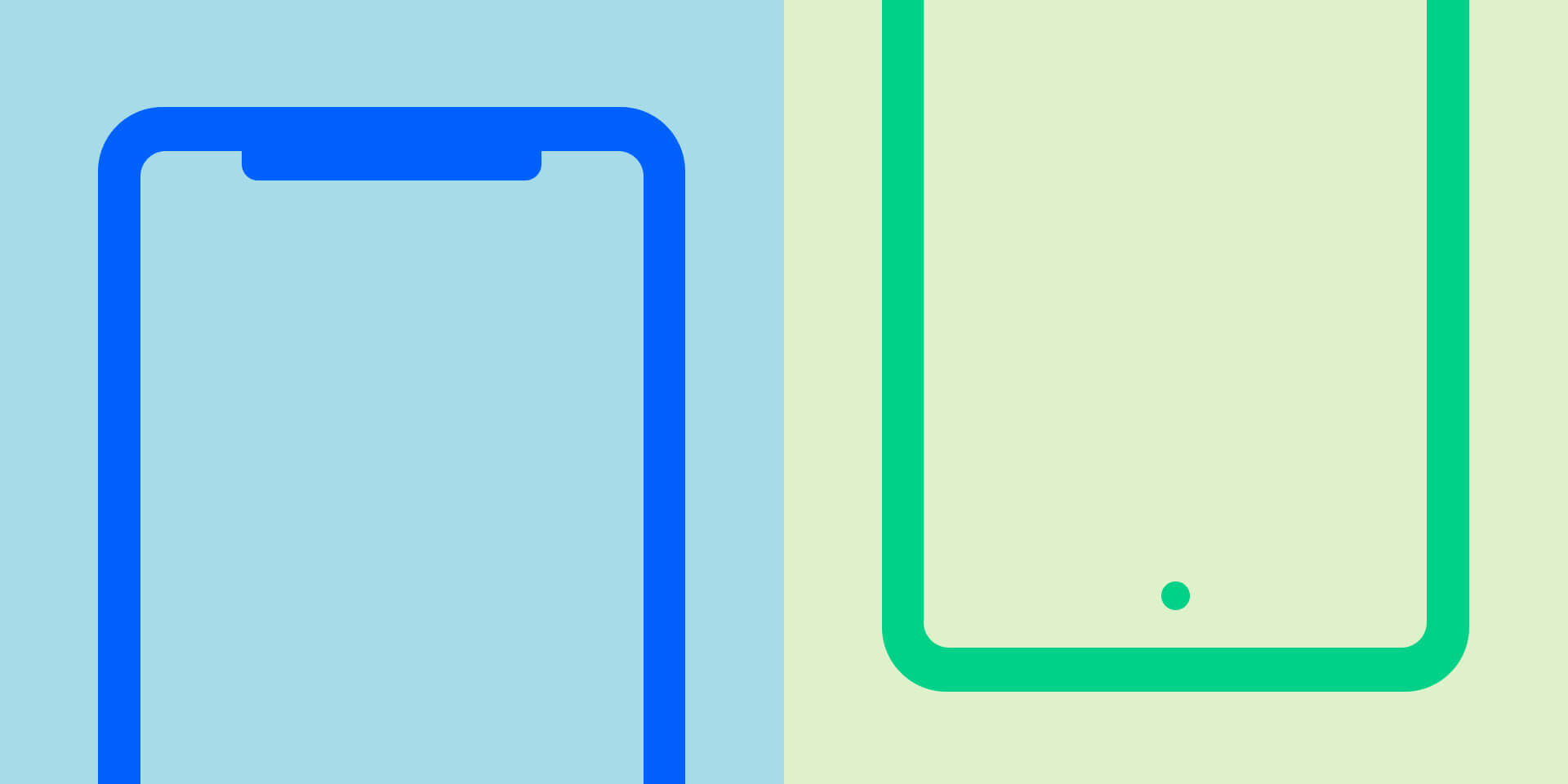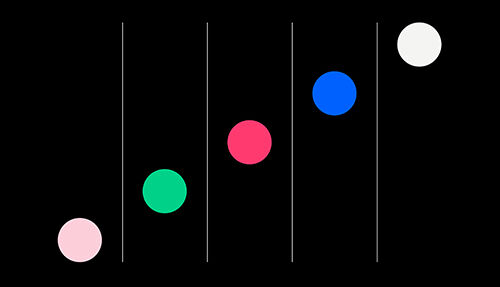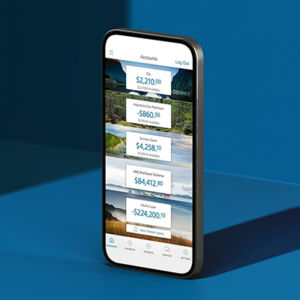The differences between developing for Android vs. iOS

There's a seemingly endless debate raging on the internet about which mobile platform is better: Android or iOS? While there are diehard fans of both sides, the truth is that both have their own strengths and weaknesses. We've all heard about that battery fiasco (we're looking at you Samsung), and those nifty iOS features that just make life easier, but what about when it comes to app development?
It’s important to understand the difference between developing for each platform so you can make an informed decision about which one to target with your app. Let's take a deep dive into the world of Android vs. iOS development so you can see for yourself which platform is the best fit for your app idea.
The user experience of your software as a service (SaaS) product is crucial to its success. A bad user experience will lead to customers abandoning your product, while a great user experience can result in customers becoming advocates for your product and brand.
Meet Android - Why We Love It
Android is the brainchild of tech giant Google, and it's the most popular mobile operating system in the world. Android dominates the global market share with over 70% of the market. That's a huge chunk of the market. In America alone, there are over 129 million Android users out of just over 300 million smartphone users.
There are many reasons why Android is so popular. First and foremost, it's an open source platform, which means that anybody can develop for it. All you need is the Android SDK (Software Development Kit) and you're good to go - no approval process necessary. For developers, this means time to market is much shorter.
Android also has a huge range of devices to choose from. There are high-end flagship devices like the Samsung Galaxy S8 and Google Pixel, as well as more budget-friendly options like the Moto G4 Plus and Huawei P9 Lite.
Another big selling point for Android is its customisation options. You can change just about everything on your Android phone, from basic things like the font size to more advanced features like installing a custom ROM. This level of customizations is simply not possible on iOS, as Apple tightly controls what users can and cannot do with their devices.
Of course, no discussion of Android would be complete without mentioning the elephant in the room: fragmentation. Because there are so many different Android devices out there, with different specs and screen sizes, it can be difficult to develop an app that works well on all of them. This is especially true when it comes to older devices.
That being said, there are ways to mitigate this issue. For example, you can design your app to be "resolution independent" so that it looks good on any screen size. There are also a number of libraries available that can help you manage device compatibility issues. Now let's take a look at iOS.
A Quick Introduction to iOS
iOS is the mobile operating system that powers Apple devices like the iPhone, iPad, and iPod Touch. While it doesn't have quite the same market share as Android, it's still used by a significant portion of the population - around 28% of smartphone users worldwide.
One of the main reasons why iOS has such high adoption rates is because Apple devices are known for their quality. They're also very user-friendly, which makes them appealing to a wide range of people, from tech-savvy early adopters to those who are less comfortable with new technology.
Apple's usability features include Siri, iCloud, and Touch ID. Siri is a voice-activated assistant that can perform tasks like sending messages, setting alarms, and conducting internet searches. This makes it perfect for hands-free use, which is extremely convenient.
iCloud is a cloud storage service that lets users store and sync data across all of their Apple devices. The Android counterpart to iCloud is Google Drive, which doesn't offer quite as seamless of an experience
iOS is renowned for its security features. Touch ID, for example, is a fingerprint sensor that allows users to unlock their phones and make purchases with just a touch of their finger. iOS is also backed by Apple's lightning-fast response to cybersecurity threats, as demonstrated by their handling of the Phishing Hack.
Why should developers consider iOS?
When it comes to app development, iOS has a few advantages over Android. First of all, Apple has much stricter guidelines for submitting an app to the App Store. This might seem like a disadvantage at first, but it actually results in a higher quality app store overall.
Since Apple veto’s many apps that are submitted - only approving around 60% - you can be sure that the apps that do make it onto the App Store are of high quality. In contrast, Google Play has a more relaxed submission policy, which means there are a lot of low-quality apps on the store.
This also means that users are more likely to pay for an iOS app, since they know that it's been vetted by Apple and is less likely to be a waste of money. In fact, iOS users are willing to spend up to 2.5x more on in-app purchases than Android users. This means your app is more likely to generate revenue if you develop it for iOS.
Another advantage of developing for iOS is that you don't have to worry as much about fragmentation, because Apple only has a handful of devices on the market, it's much easier to develop an app that works well on all of them. Fragmentation can be a real, costly headache for Android developers - but it's not something you need to worry about as much with iOS.
Xcode is Apple's integrated development environment (IDE) and it's widely considered to be one of the best IDEs for mobile app development. It includes a number of features that make it easy to develop high-quality apps, such as a code editor, a debugger, and an iOS simulator.
Of course, no platform is perfect. One downside of developing for iOS is that it can be more expensive and time-consuming than Android. This is because you need to purchase a Mac in order to develop an iOS app, and the learning curve for Xcode can be steep.
The Pros of Developing for Android:
By now, you probably think that we are firm iOS supporters, but that's not the case. We think both platforms have their pros and cons, and it ultimately comes down to personal preference.
That being said, whilst Android may pose some challenges for developers in terms of fragmentation and security, it also has a number of advantages. Let's take a look at some of the pros of developing for Android.
The first advantage is that Android is an open-source platform, which means that it's free to develop apps for. You don't need to pay any yearly fees or purchase any expensive hardware, which makes it much more accessible for developers.
Android's user base is another perk. There are over 3 billion active Android users, which is significantly more than the 1.2 billion active iPhone users. That means that your app has the potential to reach a lot more people if you develop it for Android.
Another advantage of developing for Android is that it's much easier to release an app on Google Play than the App Store. As we mentioned before, Apple has a strict review process for apps, which can sometimes result in delays. Google Play, on the other hand, has a more relaxed policy - meaning you can get your app out to users much faster.
Last but not least, developing for Android gives you more flexibility when it comes to monetisation. Google Play allows you to use a wider range of monetisation strategies, such as in-app advertising and subscription models. This means you have more options for generating revenue from your app.
Saving Time - Developing for Both Platforms:
If you're feeling torn between iOS and Android, there's no need to choose one or the other. You can actually develop for both platforms simultaneously using Flutter.
Flutter is a cross-platform framework that allows you to create native apps for both iOS and Android using a single codebase. This means you can save a lot of time and effort by only having to write one set of code, rather than two.
Not only does Flutter save you time, but it also lets you reuse code between your iOS and Android app. This means that if you spot a bug in your app, you can quickly fix it in both versions at the same time.
Partnering with a Digital and Brand Agency:
If you're not sure which platform to develop for, or if you want to develop for both, partnering with a digital and brand transformation agency can be a great option.
At Dave Clark, we have a team of experienced developers who are well-versed in both iOS and Android development. We can help you create a high-quality app for your business, no matter which platform you choose.
Wrapping Up: The Differences Between Developing for Android vs. iOS
Hopefully, this article has helped to clear up some of the confusion around developing for Android vs. iOS. As we've seen, both platforms have their own advantages and disadvantages.
If you're still not sure which platform to develop for, the best thing to do is to speak to a professional mobile app development agency. They will be able to advise you on the best course of action for your business.







